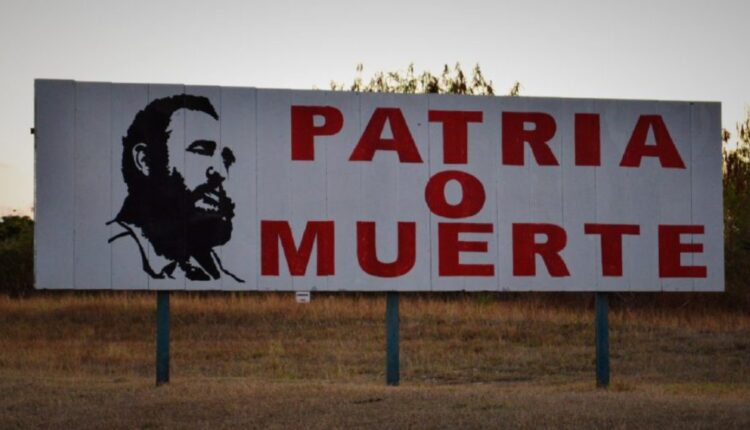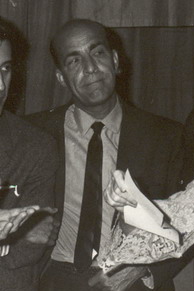
When dealing with fatherland or death
Cuba is experiencing very turbulent times. Add to that a pandemic whose contagiousness seems to be waning thanks to vaccines that, although its credentials before the World Health Organization (WHO) and its Pan-American branch, the OPS, have not yet given the go-ahead, the reality of these times has proven its effectiveness.
Tactical and strategic errors in the revolutionary course have caused problems of a purely economic nature to become political problems today.
Internal errors and a well-structured plan concocted by Washington to undermine the regime have created discontent with the revolution and discontent against the revolution under an umbrella that encompasses a lack of credibility and governance.

Many years ago I attended a conversation with the teacher Onelio Jorge Cardoso (1914-1986). There were not many people in the room. Nowadays it’s hard to find some other survivor. At the time he told us that the problem was not to write fatherland or death, but to achieve a written or spoken text that at the end of its reading or listening, the recipient would say to himself: Fatherland or Death. Conviction and non-repetition. And it was not a story, but a piece of advice that few have put into practice because almost no one improvises from the heart while most read texts that seem from another era.
Fatherland or death deserves another discourse basically aimed at young people. The elderly know it by heart.

